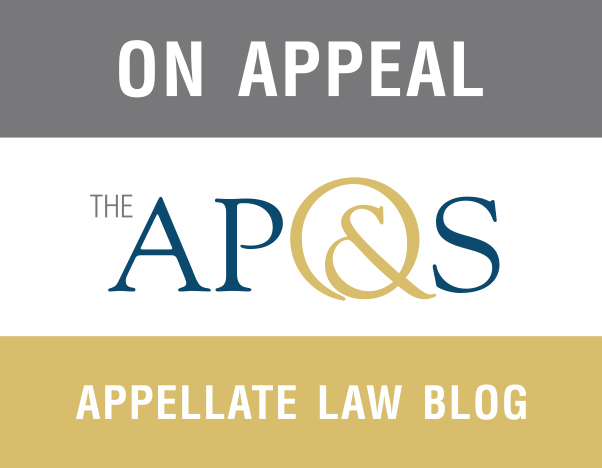In a rare decision, this term the Rhode Island Supreme Court entertained a question certified to it by the United States Court of Appeals for the First Circuit. See American States Insurance Company v. LaFlam, No. 2012-80-M.P. The last time the Court answered a certified question was more than two years ago. See In re Tetreault, 11 A.3d 635 (R.I. 2011).
Article I, Rule 6 of the Rhode Island Supreme Court Rules of Appellate Procedure authorizes the Rhode Island Supreme Court to answer questions of law certified to it by the Supreme Court of the United States, a Court of Appeals of the United States, or of the District of Columbia, or a United States District Court upon request by those courts. R.I. Sup. Ct. R. App. P. Art. I, Rule 6. The question certified must present a question of Rhode Island law “which may be determinative of the cause then pending in the certifying court and as to which it appears to the certifying court there is no controlling precedent in the decisions of [the Rhode Island Supreme] Court.” Id.
In LaFlam, the defendant filed a motion in the United States District Court for the District of Rhode Island requesting certification of two questions of law. LaFlam at 3. The District Court denied the defendant’s motion, concluding that decisions of the Rhode Island Supreme Court were indicative of how it would answer the questions presented in that case. Id. at 3-4. On appeal to the First Circuit, the defendant again requested certification of the two questions to the Rhode Island Supreme Court. Id. at 4. The First Circuit agreed with the defendant that there was no controlling precedent in Rhode Island that would assist it in answering the questions before it and, therefore, certified the questions to the Rhode Island Supreme Court.



